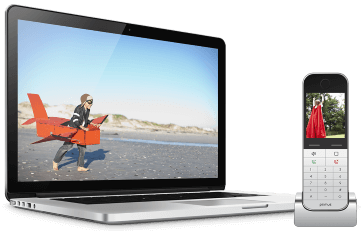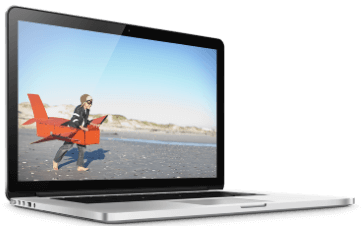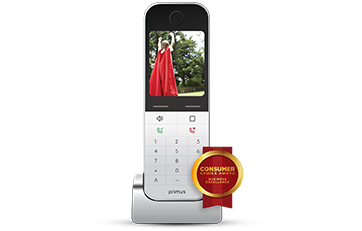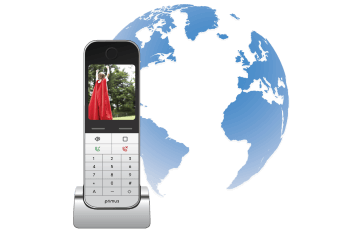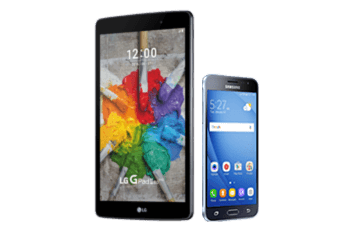Brought to you by Primus - a smart choice for your Internet and Home Phone services.
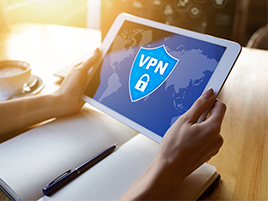
A VPN is a virtual private network. You’ve probably seen and heard them advertised quite a bit on YouTube and podcasts. But what are they, why do people use them, and should you get one? Read on.
What Is a VPN?
Virtual private networks hide your IP address—that is, the specific address for your computer. Without a VPN, your computer sends data requests to the wider internet, which sends data back to your address. With the VPN, you only communicate directly with the VPN. The VPN then talks to the wider internet on your behalf and sends the data back to you.
Why Do People Use VPNs?
There are plenty of reasons people use VPNs. Perhaps the biggest one is online safety. Keeping your IP address hidden helps stop bad actors from knowing who you are and what you’re doing online. Also, VPNs offer things such as end-to-end encryption and their own security features, so they act like an extra layer of protection for you.
Another reason people use VPNs is to disguise their region. VPNs let you connect to the wider internet through any number of hosts in other countries. That way, you can make it appear that your device is in New York or Amsterdam. If there’s some content on American Netflix that isn’t on Canada’s version, you can make it appear that you’re in the States so you can access their region-locked content.
Shopping also changes with a VPN. Some online stores change their prices based on where you appear to be (or on other factors such as if they’ve seen you look at their products before, but that’s another article). By firing up your VPN, you can avoid these practices. Also, there is a safety factor to consider. Your credit card number is something you never want to use on a public network—unless you have a VPN protecting you.
Some people use VPNs to help protect them from tracking. Governments, marketers, and others can track your activity and use it to build a profile of what your preferences are. VPNs are one way to avoid this.
Finally, citizens of countries that censor the internet, such as China or Iran, use VPNs to get around their government’s censorship. Without VPNs, these people would not be able to interact with the broader world.
Should You Get a VPN?
If you want an extra layer of internet security, want to be able to view content no matter what region you’re in, want to avoid targeted pricing, use public Wi-Fi, keep a lower online profile, or are perhaps travelling to a country with fewer freedoms, then you should get a VPN. They generally cost a few dollars a month and give excellent peace of mind.

